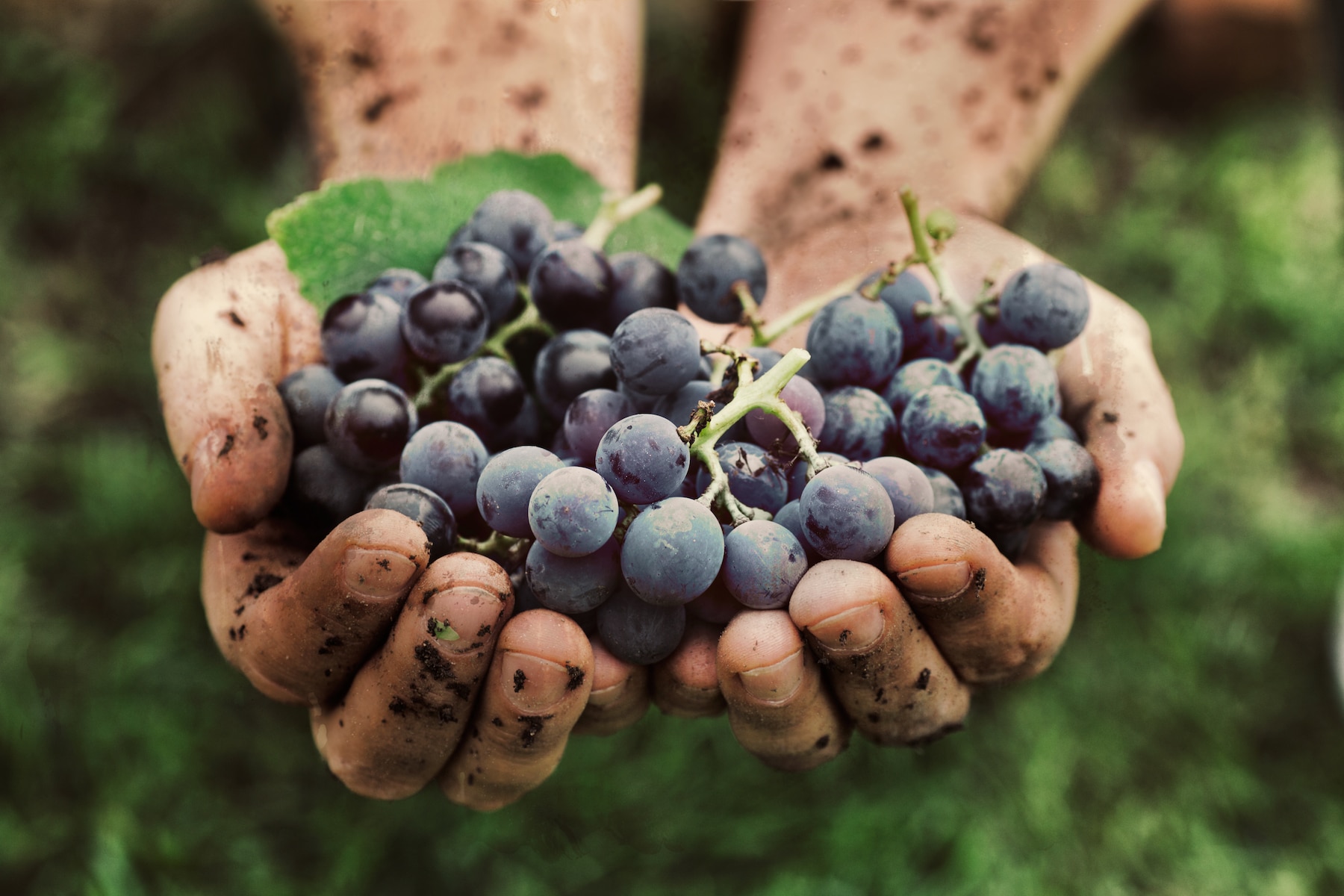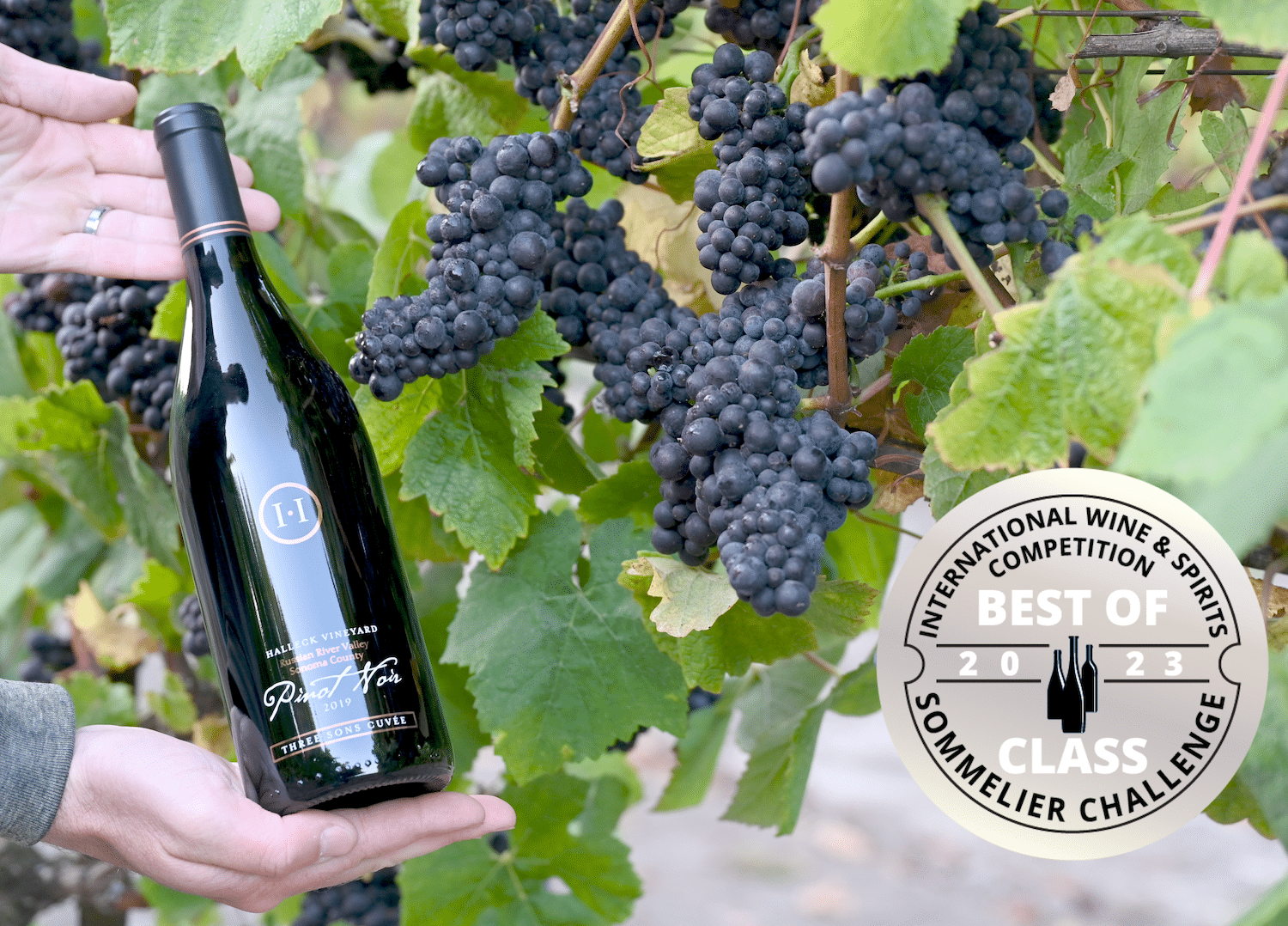Wineries With River Views - Sebastopol's Best Wine Trails
Wine tasting is usually thought to be an art type, one which goes past merely enjoying a beverage. It embraces a complex interaction of flavors, aromas, and textures that requires devoted practice to truly grasp. Many who venture into the world of wine tasting rapidly understand that it entails much more than simply sipping wine. Improving sensory skills by way of dedicated winery wine tasting can elevate the experience, reworking a casual consuming occasion into a sophisticated exploration of the senses.
At a primary stage, wine tasting engages the senses of sight, smell, style, touch, and even sound. Each element performs a crucial function in appreciating the nuances of a wine. When one first pours a glass of wine, the rich hues can provide preliminary insights into its age and varietal. Observing the color and clarity helps kind expectations concerning the wine's flavor profile. Many don’t totally appreciate how this visual evaluation can set the stage for what's to follow.
The subsequent step is to interact the sense of scent. Swirling the glass aerates the wine, permitting its volatile compounds to escape and fill the air with its bouquet. The nostril entails some fascinating layers—different aromas can sign varied aspects of the winemaking process, including the sort of grapes used, fermentation strategies, and getting older conditions. Developing a keen sense of odor can be a game-changer in wine tasting.
Wineries With Beautiful Architecture - Sonoma's Hidden Winery Gems
To improve this sensory skill, wine enthusiasts are often encouraged to take part in dedicated tastings at wineries. These tastings enable individuals to focus solely on the sensory experience (Unique Wine And Food Pairings In Sonoma). Tasting sessions led by knowledgeable sommeliers or winemakers can provide insights into identifying distinct aromas. Learning to differentiate between floral, fruity, earthy, and spicy notes can empower a taster to articulate their experience with greater precision.
As one practices their sensory skills, they could uncover that their taste preferences evolve. This transformation usually occurs after multiple tastings. A wine that initially appeared overwhelming might reveal hidden layers of complexity with a little bit of experience. Understanding tips on how to isolate particular person flavors such as acidity, sweetness, bitterness, and umami contributes substantially to the general wine experience.
Another important component in improving sensory skills is the context during which wine is tasted. Environmental factors like temperature, lighting, and even the company current can influence perceptions. At a winery, an optimal setting can cut back distractions and enable a more profound exploration of the wine (Local Favorite Wineries In Sonoma). Working Towards mindful tasting techniques encourages a extra immersive experience, allowing tasters to hone in on their senses.
It isn't solely about particular person perception, although. Engaging with others throughout a tasting can even enhance sensory skills. Sharing notes and discussing impressions fosters a deeper understanding of the wine. This collaborative method encourages participants to articulate their sensory experiences, thereby broadening their linguistic repertoire associated to wine tasting.
Spectacular Vineyard Views In Sonoma - A Winery In The Sonoma Valley To Discover
Additionally, pairing wine with food can significantly improve the tasting experience. Totally Different combinations can bring out unique flavors in each the wine and the dish. As one tastes a wine alongside specific foods, they'll start to recognize how sure elements within the wine complement or contrast with what they're consuming. This skill of pairing is another layer that enriches sensory growth.
Training one’s palate can contain quite a lot of workouts. Some enthusiasts engage in systematic tasting experiences, sampling a spread of wines that showcase totally different varietals, areas, or vintages. Exploring this variety can sharpen the power to discern nuances throughout different wine profiles. Over time, this practice builds a mental library of flavors that can be accessed during future tastings.
Notably, written notes serve a dual purpose: organizing one’s ideas and reinforcing memory. By writing down observations about every wine, tasters can track their progress over time. Detailing the traits of wines assists in solidifying knowledge, finally deepening one’s appreciation of what they consume.
Moreover, attending workshops or classes focused on sensory evaluation can also be helpful. Many wineries supply these educational packages to help people refine their skills. Often, skilled instructors guide participants via structured tastings, focusing on specific components of the wine. This level of training reinforces the sensory skills asynchronously and challenges tasters to consider their experiences from totally different angles.
Wineries Offering Elegant Wine Tastings - Wineries To Visit
Over time, the dedication to enhancing sensory skills via dedicated winery wine tasting can yield vital rewards. The enjoyment derived from wine becomes layered and multifaceted. No longer limited to a simple choice for "purple" or "white," tasters begin to appreciate the stories behind each pour. They domesticate a palette able to navigating the advanced panorama of flavors with confidence.
In conclusion, the journey of enhancing sensory skills via devoted winery wine tasting is as rewarding as it is enjoyable. It requires focus, commitment, and a willingness to learn, however the outcomes far exceed the preliminary effort. By participating multiple senses and collaborating in thoughtful discussions, individuals not only turn into more proficient at figuring out flavors but in addition develop a deeper appreciation for the craftsmanship behind each bottle. The process transforms wine from a mere beverage right into a wealthy tapestry of sensory exploration that beckons enthusiasts Look At This to delve deeper. As skills enhance, so too does the enjoyment, enriching life experiences one sip at a time.
Charming Wineries With Views In Sonoma Valley - Tasting Rooms In Sebastopol
- Engaging the palate via numerous wine varieties enhances the flexibility to differentiate flavors and aromas, refining overall sensory perception.
- Collaborating in guided tastings promotes targeted consideration on refined traits of each wine, nurturing critical tasting skills.
- Learning to determine particular grape varieties fosters a deeper understanding of terroir, which aids in recognizing regional flavor profiles.
- Incorporating food pairings throughout tastings can heighten sensory awareness, as totally different tastes can affect each other and alter perceptions.
- Working Towards the art of swirling and nosing wines permits individuals to connect olfactory cues with taste, improving the ability to articulate sensory experiences.
- Attending workshops that emphasize blind tastings trains participants to rely purely on their senses rather than preconceived notions, enhancing objectivity.
- Elevating sensory skills can lead to better wine selection abilities, empowering individuals to make informed choices based on personal preferences.
- Engaging with educated sommeliers presents insights into wine-making processes, which deepens sensory appreciation and enhances vocabulary for describing wines.
- Common participation in tastings encourages reminiscence growth of flavors and aromas, aiding within the formation of a personalised sensory profile over time.
- Sharing tasting experiences with friends fosters discussion, promoting communal learning that can improve particular person sensory skills by way of collaboration.undefinedWhat is the aim of enhancing sensory skills through wine tasting?

Improving sensory skills through wine tasting permits individuals to boost their capability to identify and recognize the varied aromas, flavors, and textures of wine. This heightened sensory awareness can result in a deeper understanding of wine and an overall enriched tasting experience.
Wineries Offering Off The Beaten Path Experiences - Best Wineries For Wine Tasting Sonoma Area
How can I develop my sensory skills at a winery?
You can develop your sensory skills at a winery by collaborating in guided tasting classes that concentrate on particular varietals. Have Interaction with educated employees who can present insights and encourage you to take notes on your impressions, enhancing both your observational and descriptive abilities.
What ought to I count on throughout a dedicated wine tasting experience?
Wineries Pairing Wine With Chocolate - Craft Wineries In Sonoma
During a dedicated wine tasting experience, anticipate to sample a choice of wines while receiving targeted schooling about every one. You Will study concerning the winemaking course of, tasting techniques, and tips on how to discern completely different sensory traits, all in a relaxed setting.

Is prior knowledge family-owned wineries in Sonoma of wine needed to profit from a sensory skills workshop?
- Best Wineries For Sunset Views In Sebastopol
No prior data of wine is necessary; the workshops are designed for all ranges of experience. Novices will find useful data to build from, whereas seasoned tasters can refine their skills and broaden their palate even further.
How do sensory skills influence my overall wine appreciation?
Family-Oriented Wine Tasting Venues In Sebastopol - Top Wineries To Visit In Sebastopol
Bettering sensory skills considerably enhances your overall wine appreciation by permitting you to determine subtleties and complexities in wines. This deeper understanding enriches your tasting experience and helps you make knowledgeable choices based on personal preferences.
Are there particular techniques I should use whereas tasting wine to improve my sensory skills?
Wineries Perfect For A Relaxing Afternoon - Vineyard Tasting Events In Sonoma County
Yes, employing techniques such as the "SWOT" methodology (Sight, Swirl, Scent, Sip, Savor) may be helpful. Pay consideration to the wine's appearance, aromatics, and mouthfeel, and take your time with each sip to fully explore the flavors and sensations.
What kind of wines are sometimes included in sensory skills tastings?
Typically, sensory skills tastings embody a wide range of wines that showcase completely different regions, varietals, and styles. This variety helps individuals identify distinct traits and enhances their capability to differentiate between wines.
Can sensory skills workshops be personalized to my tasting interests?
Local Favorite Wineries In Sonoma - Sonoma Area Winery For Tasting
Many wineries offer personalized options for sensory skills workshops, permitting you to focus on particular kinds of wines or themes that curiosity you, similar to organic wines or distinctive regional offerings. It Is greatest to inquire instantly with the winery for tailored experiences.
Is there a approach to practice sensory skills after leaving the winery?
Yes, you'll find a way to practice your sensory skills at home by tasting completely different wines and maintaining a tasting journal. Experimenting with numerous food pairings and aromatics can additional improve your understanding of how flavors interact, reinforcing the talents gained at the winery.